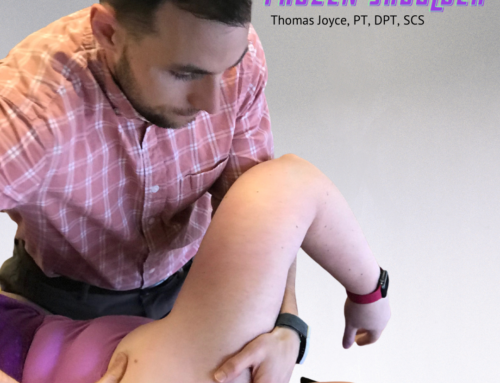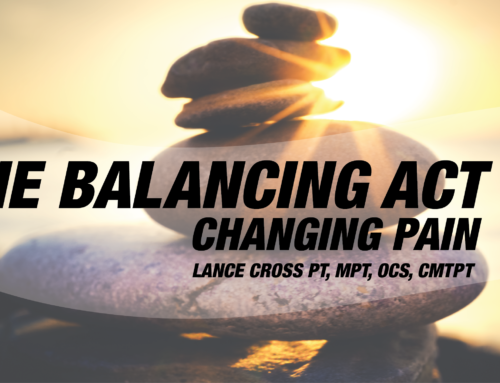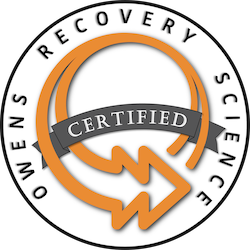Lights Out Part II // Eat to Sleep
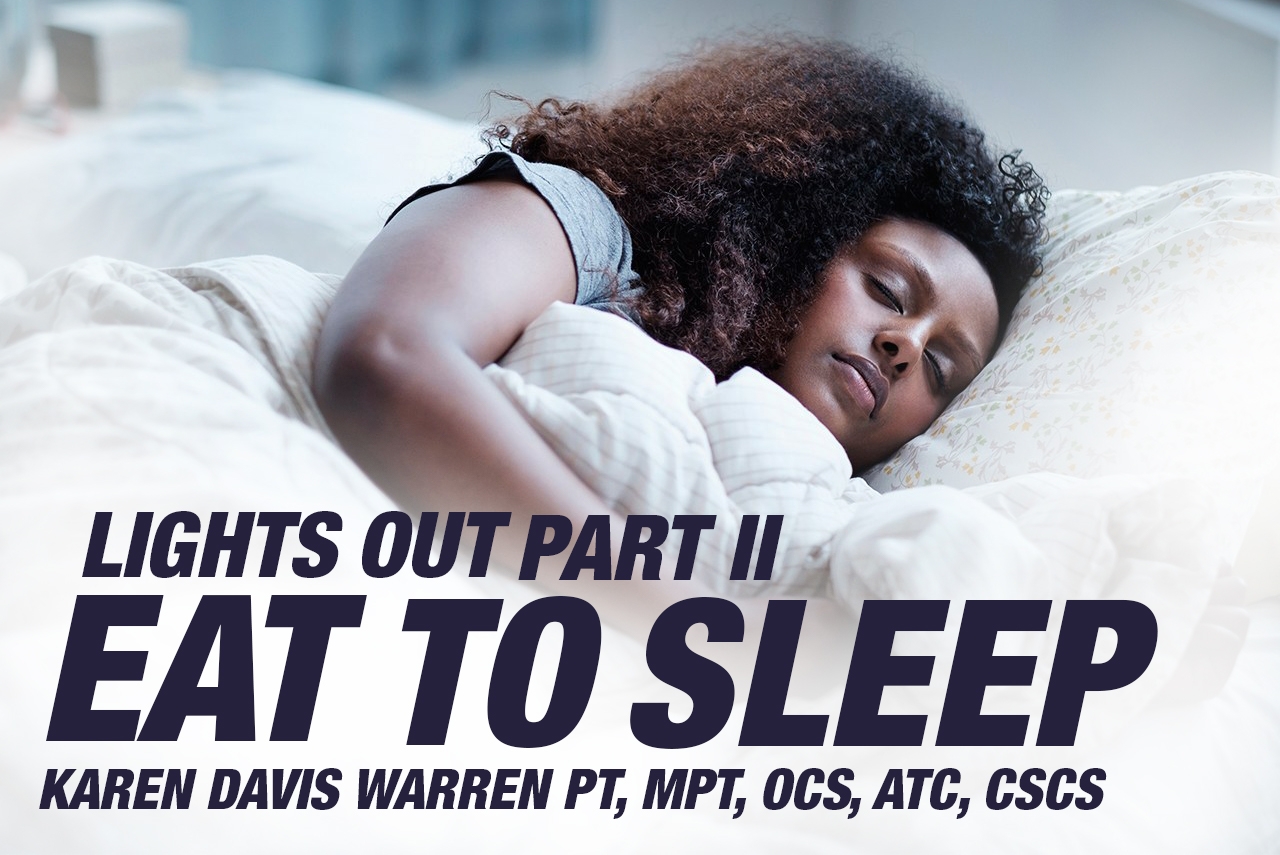
Karen Davis Warren PT, MPT, OCS, ATC, CSCS
Sleep plays a vital role in your health. Many if us are aware of the benefits of sleep, yet not so sure how to get a good night’s sleep. While research has shown the body’s naturally produced melatonin helps regulate sleep, synthetic melatonin has proven less than impressive. However, there are many foods that help the body’s natural melatonin production.
Melatonin is a hormone produced by the pineal gland. It controls your circadian (sleeping and waking) cycle and is responsible for regulating other hormones as well. Not only is melatonin produced in the pineal gland, it is also naturally present in edible plants.
- Pineapples
- Bananas
- Oranges
- Oats
- Sweet corn
- Rice
- Tomatoes
- Barley
- Kiwi
- Cherries
- Almonds
- Rasberries
- Goji berries
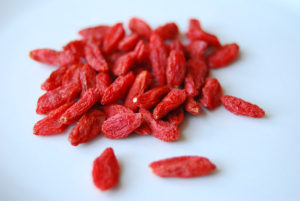
Through continuing research, it is believed that cherry juice can improve the quality of sleep of older individuals with insomnia. As we age, our natural melatonin production decreases. The participants who drank the cherry juice did sleep a little better, some fell asleep a few minutes faster, while others woke fewer times in the night. Although the juice did not cure the insomnia, there are no side effects unlike sleeping pills.
Other studies have shown that the melatonin content of tomatoes has been suggested to contribute to the healthiness of the Mediterranean diet. Although cherries have more melatonin than tomatoes, people tend to eat more tomatoes on a day to day basis.

More great resources of melatonin include: Kiwi fruit, tart cherries (dried cherries produce little to no melatonin), a teaspoon of fenugreek or mustard seeds, while almonds and raspberries, top the list, just behind goji berries. (Are goji berries expensive you ask? Not if you buy them at an Asian market labeled as “lycium berries”!)

So that’s that you’ve got to eat to sleep!
Karen David Warren, Founder of One on One Physical Therapy, brings a wealth of knowledge to her patients incorporating over 20 years of physical therapy and sports medicine experience and education. Karen holds a Master of Physical Therapy degree from Emory University and a Bachelor of Science in Exercise Science from the University of Southern California. She is an Adjunct Faculty and guest lecturer for the Doctorate of Physical Therapy Program, a Clinical Instructor at the Doctorate of Physical Therapy Program, Emory University, and on the Advisory Board for the Physical Therapy Program at Mercer University. Karen’s email address is Karen@onetherapy.com and more information can be found at www.onetherapy.com.
